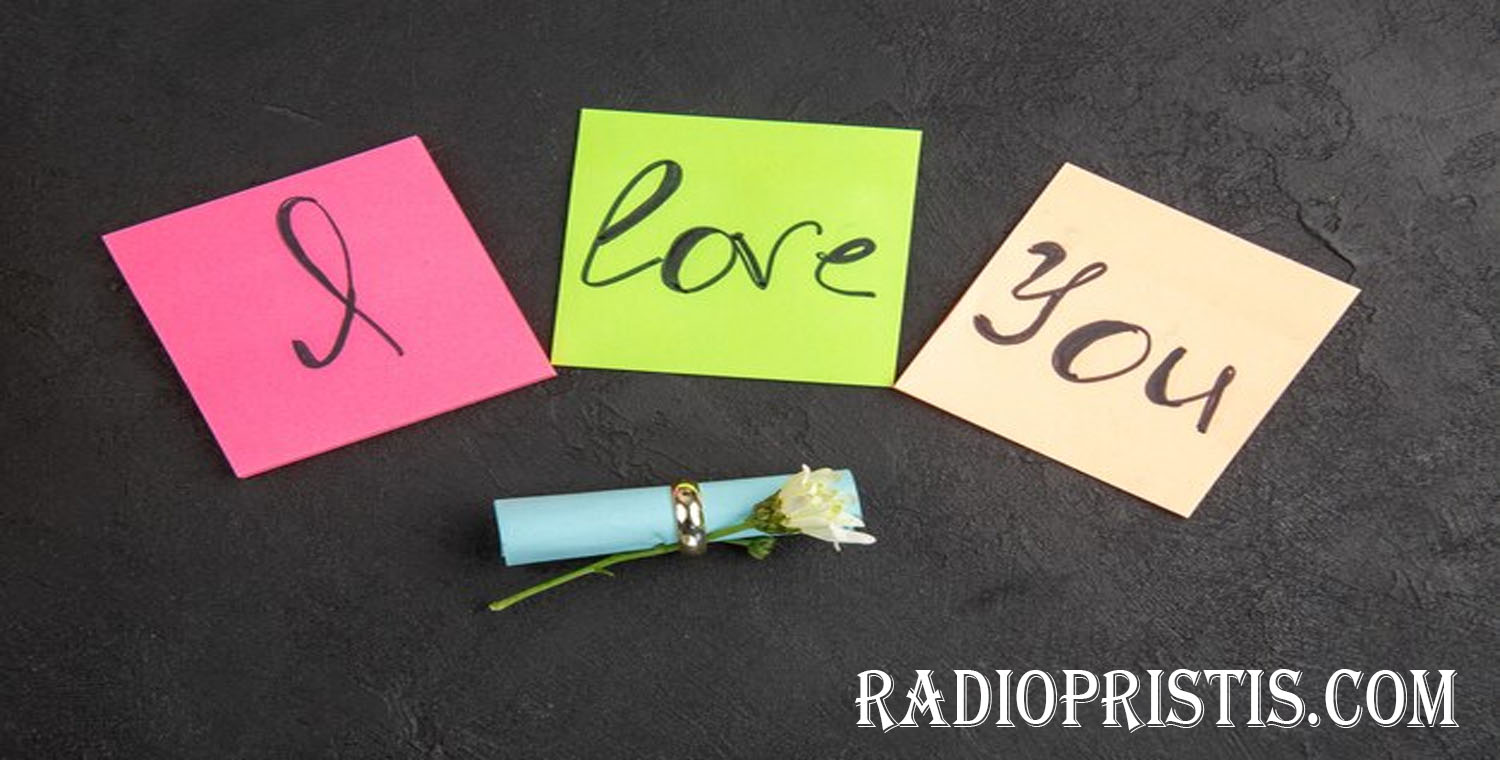In the rich tapestry of human expression, the act of “acclamer,” or applauding, holds a deep and significant place. The word “acclamer,” a French verb, translates to “to applaud” or “to acclaim” in English, and it carries with it not just the physical act of clapping hands but also the emotional and social response to praise, recognition, or admiration. Acclaim and applause have long been fundamental to human communication, acting as powerful tools of encouragement, support, and acknowledgment.
In this article, we will explore the “acclamer définition” (definition of acclaim), breaking down the historical, cultural, and psychological aspects of the act of applause and how it plays a role in human interactions. From the applause in the theater to social media interactions and political speeches, the concept of “acclamer” is deeply embedded in society, shaping how we relate to one another, celebrate achievements, and even critique actions.
What Does “Acclamer Définition” Really Mean?

The word “acclamer” is derived from the French verb meaning “to acclaim” or “to cheer.” It is used to describe the act of expressing enthusiastic approval, admiration, or support for someone or something. Whether through applause, cheers, or other vocalizations of approval, “acclamer” signifies an active demonstration of positive recognition. The act of acclamer is an important social interaction, both in formal and informal contexts, and it can be a moment of connection between people, ideas, and cultural achievements.
In many ways, “acclamer” is a form of non-verbal communication that conveys emotion and appreciation. In the dictionary sense, the verb refers to clapping one’s hands or offering vocal praise to show enthusiasm or respect. It is often seen at the end of a performance, speech, or event to show appreciation for what has been accomplished or presented. However, the use of “acclamer” extends far beyond the literal act of applause and into the realm of acknowledgment and public praise.
Applause: A Universal Expression of Approval
“Acclamer” is most commonly associated with applause, an act universally recognized as an expression of approval. Applause can take various forms: clapping, whistling, cheering, or even standing ovations. Regardless of the specific manner of applause, the intent remains the same—to show appreciation for someone’s effort or achievement.
The phrase “acclamer définition” encompasses not just the physical act of clapping hands together but also the psychological and emotional factors at play when people gather to offer applause. Applause serves as a form of communal expression that links individuals together, allowing people to bond over shared appreciation. This collective demonstration is often used in settings like theaters, concerts, and political speeches.
Applause in Performance Arts: The Traditional Setting
One of the most common contexts in which “acclamer” is used is the world of performance arts. When an actor, musician, dancer, or public speaker delivers a compelling performance, they are often met with applause—an act of recognition that signifies the audience’s approval and admiration. The phrase “acclamer définition” in this context is often tied to the significance of public acknowledgment in arts and culture. Applause, in this sense, represents not only the audience’s appreciation of talent and skill but also the recognition of effort, hard work, and the emotional impact a performance has had on the spectators.
The Psychology of Applause in the Arts
In the world of performance arts, applause is vital. Not only does it affirm the performer’s skill and effort, but it also reinforces the emotional bond between the artist and the audience. Applause is a social cue that signals approval, and for performers, it becomes a powerful feedback mechanism.
From an audience member’s perspective, applause is a way of joining in a collective experience. It is a form of social bonding that transcends verbal communication. Applauding shows empathy, connection, and shared enjoyment. This social aspect of applause, or “acclamer,” is part of the broader human need for connection, where individuals come together to express their recognition of a shared experience.
Applause in Politics: The Power of Acclaim in Public Life
In the political arena, the act of acclaming or applauding plays a significant role in shaping public discourse. Political speeches often elicit applause from the audience as a form of support for the speaker’s message, policies, or leadership. Politicians, especially in democratic societies, rely on public acclaim to bolster their credibility and garner support for their ideas.
The use of applause in political speeches can be a tool of persuasion. Leaders who receive strong applause often appear confident, competent, and well-received by the public. However, the nature of the applause is also a reflection of public sentiment. A lack of applause or a tepid response can signal disapproval or skepticism. The act of acclamer, therefore, becomes a way of gauging the public’s reaction to a leader’s performance or message.
The Role of Acclaim in Political Movements
Political movements, rallies, and protests are often marked by moments of acclaim and applause. Whether it is in support of a political candidate or a response to a movement’s call for justice, the act of acclamer takes on a heightened significance. Applause in political contexts is not just about approval—it can be a symbol of solidarity, resistance, or collective hope.
For example, during a significant political speech or rally, the applause given to a leader can signal widespread support for their views. However, it can also serve as a tool for critique. In recent years, public figures have become more aware of the power of “acclamer,” and the way the audience reacts to their words and actions can either elevate their status or diminish their credibility.
The Influence of Social Media on Acclaim and Recognition
In today’s digital age, the phrase “acclamer définition” takes on new meanings as social media platforms become the modern-day arenas for public praise and recognition. Social media sites like Twitter, Instagram, and TikTok have transformed the way individuals and entities receive acclaim.
The Evolution of Applause in the Digital Age
In the world of social media, the act of acclaim is no longer limited to physical applause. The concept of “acclamer” has evolved into likes, comments, shares, and retweets—actions that convey approval and admiration in the online world. The digital applause, in this case, is just as meaningful as the traditional form of clapping.
For content creators, influencers, and public figures, social media applause can be both a direct form of validation and a measure of success. A post that receives thousands of likes or shares is often seen as a symbol of popularity or achievement. These digital forms of recognition create a virtual “audience” that applauds the creator’s work, which can lead to opportunities for further success.
The Impact of Online Acclaim on Mental Health and Society
While digital acclaim can be empowering for many, it can also have adverse effects on individuals, particularly when it comes to the pressure of constantly seeking validation through social media. The desire for likes, comments, and shares can become all-consuming, leading to feelings of inadequacy or anxiety if the expected applause is not received. In this sense, “acclamer” takes on a new role—one that is both positive and, at times, detrimental to individuals’ well-being.
Furthermore, social media applause can also create a false sense of success or importance. Individuals may receive virtual applause without having made a meaningful impact, while those who have made significant contributions might go unnoticed. This highlights a shift in the way society measures value and recognition, with applause being more accessible but also more superficial in some cases.
Acclaim in Everyday Life: A Reflection of Human Interaction

Beyond the grand stages of politics and the arts, “acclamer” plays an important role in everyday life. In social settings, at work, or in personal relationships, offering praise, showing recognition, and celebrating accomplishments are integral to building strong connections. The small acts of applause or verbal acknowledgment create bonds between people and inspire confidence and trust.
Positive Reinforcement in Relationships and Workplaces
In relationships, both personal and professional, “acclamer” often takes the form of verbal praise or other signs of acknowledgment. For instance, when someone performs well at work, their colleagues may offer a round of applause or a simple compliment, which boosts their morale and strengthens team cohesion. In friendships and family dynamics, similar acts of recognition—whether for achievements or kindness—help foster positive interactions and emotional connection.
The concept of “acclamer” as a form of positive reinforcement extends to the workplace, where employees are motivated by recognition of their hard work and accomplishments. Acknowledging someone’s efforts through praise or applause, even in a professional setting, plays a crucial role in encouraging continued productivity and fostering a culture of appreciation.
Conclusion: The Power of “Acclamer Définition”
The word “acclamer” is much more than just a verb; it is a reflection of the human need for recognition, appreciation, and shared experience. Whether it is in the form of applause in the arts, political rallies, social media interactions, or everyday life, the act of “acclamer” carries immense power in shaping how we relate to others and how we celebrate achievements.
From the physical act of clapping to the digital forms of approval on social media, the concept of acclaim connects us as humans, giving voice to our emotions and acknowledging the efforts and successes of others. As society continues to evolve, the nature of acclaim may shift, but its fundamental role in fostering human connection, recognition, and emotional bonding remains ever-present.
So, the next time you find yourself in a crowd, be it at a concert, a political rally, or a virtual event online, remember that the act of “acclamer” is not just a mere gesture—it is a powerful expression of shared appreciation, one that binds us together in moments of celebration and recognition.
Also Visit: Dated at This Day of: A Reflection on Time, History, and Milestones
Ciulioneros: Discovering the Rich History and Cultural Impact













Leave a Reply